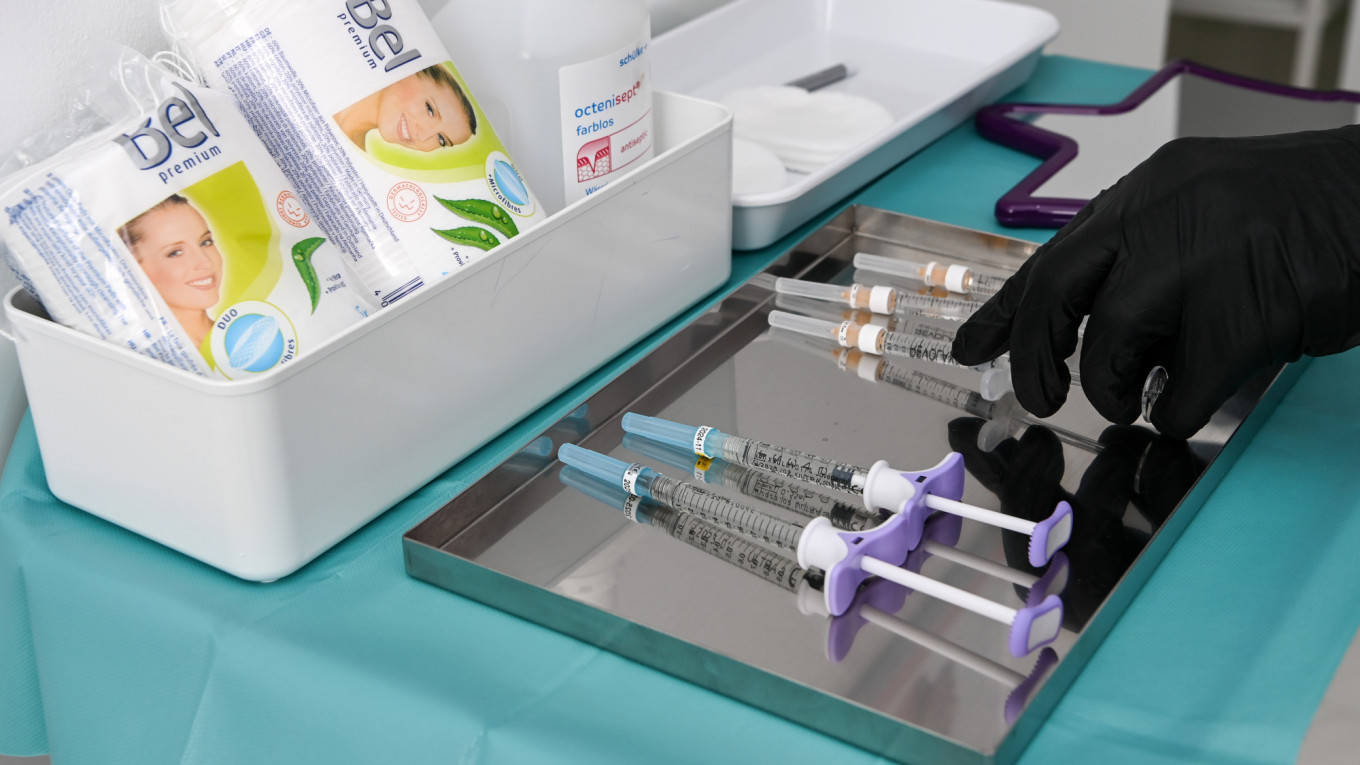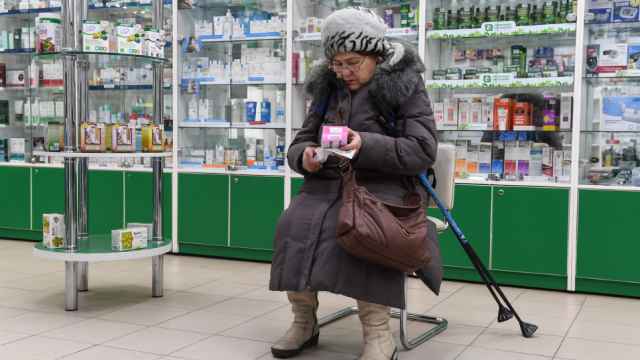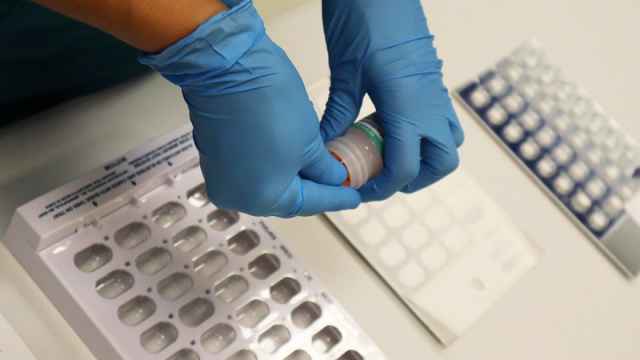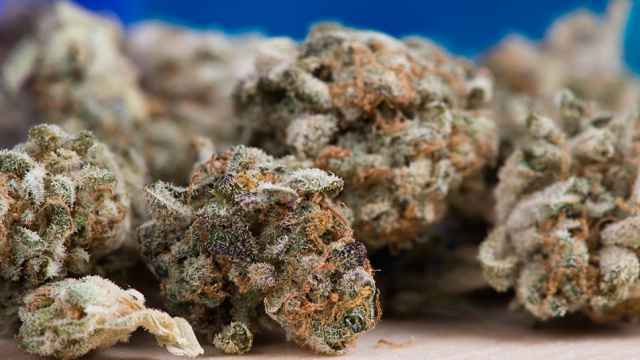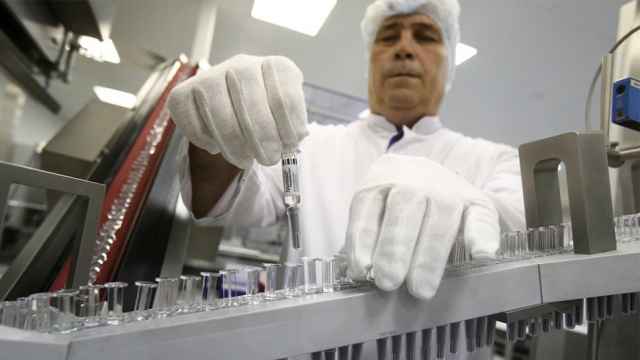Russian clinics are bracing for a shortage of the wrinkle-reducing drug Botox amid a Western business exit over the war in Ukraine, the Kommersant business daily reported Thursday, citing pharmaceutical researchers.
Cosmetic and medical Botox imports saw a threefold drop to 74,500 units in January-March compared with the same time last year, according to the RNC Pharma consultancy.
“The dwindling supply of Botox is already causing concern among clinics,” said Yulia Frangulova, co-founder of Russia’s association of aesthetic medicine clinics NAKEM.
Health clinic chain Medsi told Kommersant its supplies of Botox and other injectable drugs would last three months.
Concerns were compounded by Botox maker AbbVie’s announcement in March that it had suspended operations of its aesthetics products, which accounted for a quarter of the Russia's imports last year.
Russia imported 30% of its annual supplies of Botox and other anti-wrinkle drugs in November and December 2021, RNC Pharma’s director of development Nikolai Bespalov told Kommersant.
Two other wrinkle reduction drugmakers, France’s Ipsen and Germany’s Merz, have restored supplies after initially announcing similar suspensions, NAKEM’s Frangulova said.
RNC Pharma said Ipsen’s imports dropped by 31% and Merz by 3% so far this year, Kommersant reported.
Dwindling Botox imports coincided with a 12% year-on-year increase in demand for injections in January-April, according to NAKEM’s survey of 134 clinics.
Clinics are ready to switch to Russian wrinkle-reduction drugs, which scaled up production by almost 70% to 105,000 units this year, in case of serious supply disruptions or price hikes.
Medsi told Kommersant that prices have risen for domestic injectable drugs.
A Message from The Moscow Times:
Dear readers,
We are facing unprecedented challenges. Russia's Prosecutor General's Office has designated The Moscow Times as an "undesirable" organization, criminalizing our work and putting our staff at risk of prosecution. This follows our earlier unjust labeling as a "foreign agent."
These actions are direct attempts to silence independent journalism in Russia. The authorities claim our work "discredits the decisions of the Russian leadership." We see things differently: we strive to provide accurate, unbiased reporting on Russia.
We, the journalists of The Moscow Times, refuse to be silenced. But to continue our work, we need your help.
Your support, no matter how small, makes a world of difference. If you can, please support us monthly starting from just $2. It's quick to set up, and every contribution makes a significant impact.
By supporting The Moscow Times, you're defending open, independent journalism in the face of repression. Thank you for standing with us.
Remind me later.


